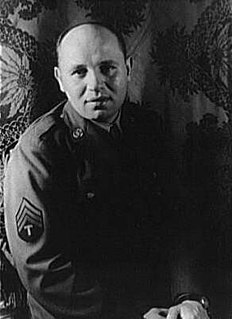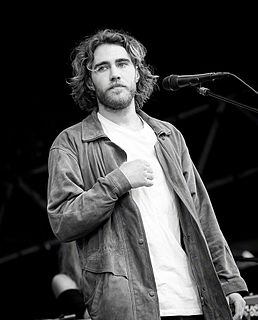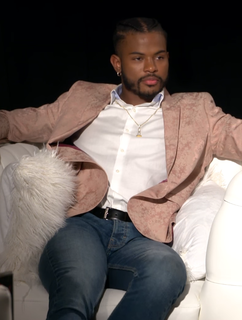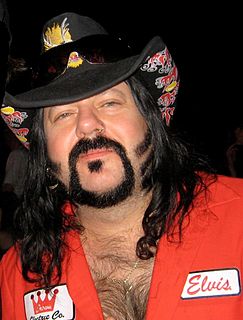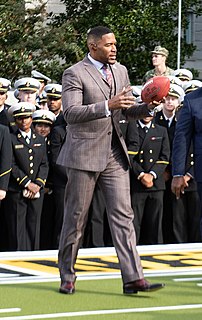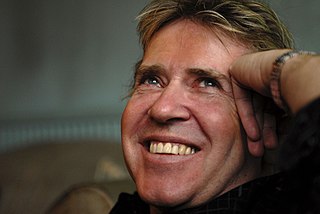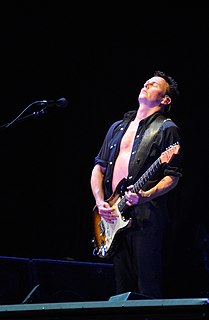A Quote by Romare Bearden
The artist has to be exactly the opposite [of people singing the song, I've gotta be Me,] and transcend himself as he makes judgements.
Related Quotes
To me, I always felt like drums have to be the support and the driving factor in a song, and there's places where the drummer has to show off and do things and get the spotlight, but not all the time. You've gotta pick and choose. And it's always gotta be about the song. That's really the bottom line.
I didn't know they would pay you money to sit in a room and write songs for other people. I always thought that George Strait was singing a song, he made it up, and that was the end of it. But the instant I found that out, that that could be a job, I thought, 'That's the job for me. I gotta figure out how to do that.'
Musically, though, you're a character and you're singing a song. If you're not your own character, you're the character in the song, most of the time. Even blues musicians, a lot of them who were the most realistic, at times, they were singing a song and portraying a character in the song. There's something to be said for getting involved in the emotion of a song, too, with the characters.
I did enjoy singing the song, called "The Count", which is Count Olaf's big song that he sings to the kids when they first arrive with his henchpeople. He wrote it himself, and he thinks he's really, really talented, and it's a terrible song. So we had to learn intentionally bad choreography... We did these almost Lady Gaga-ish kind of movements, which were just awful, but that made me laugh
